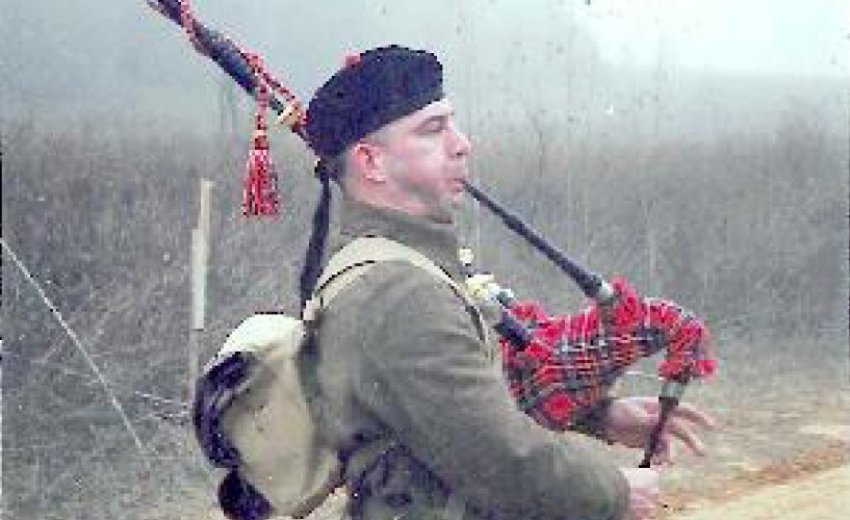In 2008, Mick Stewart shared that World War Two Historical reenactors planned to honour the service and sacrifice of all Allied soldiers who served in the Far East Theatre during World War II. Mick was the Drum Major of the 2nd Battalion King’s Own Scottish Borderers (KOSB) Pipe Band in Houston, Texas. As a part of the initiative, they formed a Scottish pipe band to help enhance their efforts to honour the British and Indian Army, and all Indian, Gurkha, and Sikh regiments.
Sikhs served during World War II
During World War II, Sikhs bravely served in the British Army. Mick said that they wanted to inform Texans about the Sikh soldiers' contribution in the Burma Theatre, where they helped achieve lasting peace in the Far East by defeating the Japanese Empire in 1945. Not much is known about the brave Sikh Regiment that fought against Rommel and the Afrika Korps in the Middle East, or the Sikh Regiments that fought the Japanese in different Indian Divisions.
Mick further shared that they extended an open invitation to Sikhs in Houston at that time, especially the bagpipers and drummers.
Sikh principles, such as seva (selfless service) and equality, have guided their efforts to uplift communities and champion humanitarian causes. Sikh communities worldwide have established schools, hospitals, and charities to address social issues and provide assistance to marginalized populations. Through multiple initiatives, Sikhs have embodied the universal values of compassion, inclusivity, and justice.
As we reflect on the invaluable contributions of Sikhs during World War II and their ongoing efforts to create a better world, it is imperative that we collectively recognize their remarkable achievements. It is time to acknowledge the bravery and sacrifice of Sikh soldiers who fought for the freedom and security of nations. It is also crucial to appreciate the positive impact Sikhs and Sikh organizations have made through their selfless service and benevolent initiatives.
